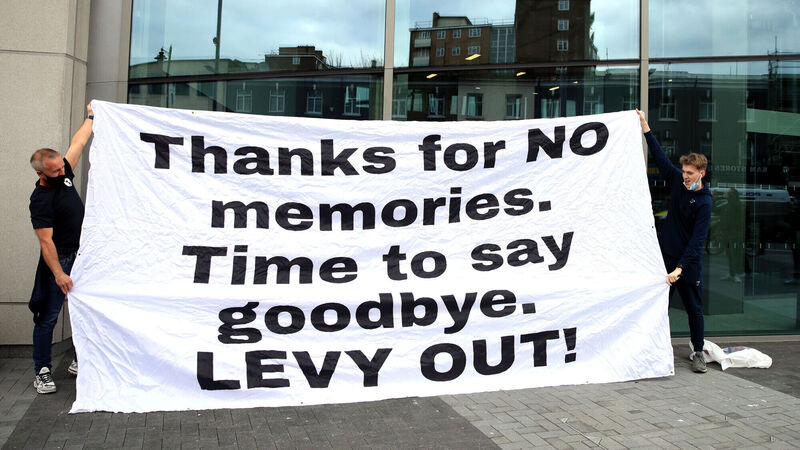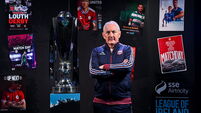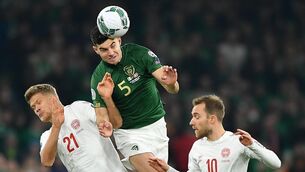Tommy Martin: The war against the Super League has been won, but who will win the peace?

FAN POWER: Spurs supporters stage a protest against club chairman Daniel Levy outside of the Tottenham Hotspur Stadium ahead of last night’s Premier League clash with Southampton. The Super League was successfully faced down by angry fan groups, current and former players and managers, derisive media, politicians, and twitchy sponsors.
Looking back, we should have known that the Super League was doomed when we heard that they had hired Theresa May’s former spin doctor to run their communications strategy.









